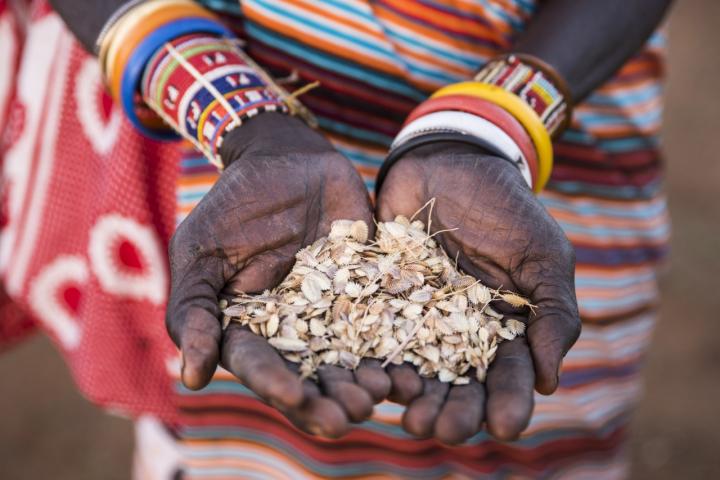Rutgers-led research shows how local knowledge can help manage ecosystems and wildlife

Credit: Joan de la Malla
Grassroots knowledge from Indigenous people can help to map and monitor ecological changes and improve scientific studies, according to Rutgers-led research.
The study, published in the Journal of Applied Ecology, shows the importance of Indigenous and local knowledge for monitoring ecosystem changes and managing ecosystems. The team collected more than 300 indicators developed by Indigenous people to monitor ecosystem change, and most revealed negative trends, such as increased invasive species or changes in the health of wild animals. Such local knowledge influences decisions about where and how to hunt, benefits ecosystem management and is important for scientific monitoring at a global scale.
“Scientists and Indigenous communities working together are needed to understand our rapidly changing world,” said lead author Pamela McElwee, an associate professor in the Department of Human Ecology in the School of Environmental and Biological Sciences at Rutgers University-New Brunswick. “Many Indigenous peoples have unique abilities to notice ecosystems altering before their eyes by using local indicators, like the color of fat in hunted prey or changes in types of species found together. Scientists wouldn’t be able to perform these kinds of observations over the long run for many reasons, including costs and the remoteness of some areas. So Indigenous knowledge is absolutely essential for understanding the cumulative impacts of biodiversity loss and ecosystem degradation.”
Indigenous and local knowledge is the practical information that people use to manage resources and pass on between generations. Such knowledge benefits conservation initiatives and economies that depend on natural resources in vast areas of the world.
The study follows the Global Assessment Report on Biodiversity and Ecosystem Services released last year by the Intergovernmental Science-Policy Platform on Biodiversity and Ecosystem Services. That report was the first global ecological assessment to use Indigenous and local knowledge as a source of evidence.
The new study, by researchers at many institutions who were part of the global assessment, provides background on how the report tapped into Indigenous knowledge systems and lessons learned. Working with these local sources of information in ecological research and in management requires a deliberate approach from the start, additional resources and engagement with stakeholders reflecting diverse worldviews, McElwee said.
“Partnering with Indigenous peoples can help scientists and researchers understand how natural and cultural systems affect each other, identify trends through diverse indicators and improve sustainable development goals and policies for all,” she said.
###
Media Contact
Todd Bates
[email protected]
Original Source
https:/
Related Journal Article
http://dx.




